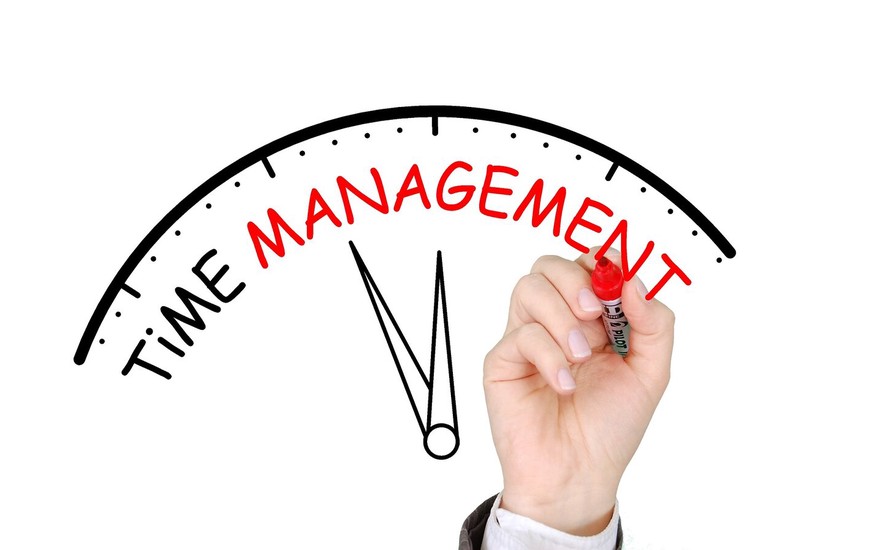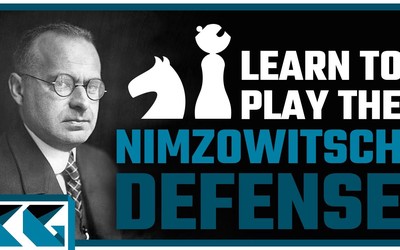
how to mange time in chess
apply Theas points in when you playingHere are some tips for managing time effectively while playing chess:
1. Set a time control: Before starting a game, decide on a time control that suits you. This could be a fixed time limit per move or a total game time. Setting a time control helps you allocate time to each move and ensures you don't spend too much time on a single move.
2. Start with a plan: Have a rough idea of your strategy and plan for the game. This will help you make quicker decisions and saves time on evaluating every move. However, be flexible and adapt your plan as the game progresses.
3. Use your opponent's time: While your opponent is thinking, use that time to calculate possible moves and variations in your head. This way, when it's your turn, you already have some ideas ready to consider, which saves time.
4. Prioritize moves: Not all moves require the same level of thinking. Identify critical moves that have the most impact on the position and spend more time on those. Be mindful of maintaining balance between fast-paced moves and spending time on critical ones.
5. Focus on important decisions: Sometimes, certain moves may only have minor consequences, and spending a lot of time evaluating them may not be necessary. Identify moves that require more consideration and allocate more time to them.
6. Avoid time trouble: Keep an eye on the clock and ensure you don't end up in time trouble, where you have very little time left to make multiple moves. It's important to manage time throughout the game to avoid hasty decisions or blunders due to time pressure.
7. Practice time management: As with any skill, practice is key to improving time management. Play timed chess games regularly to develop a sense of how long certain moves should take and to train yourself to make decisions more efficiently.
Remember, time management is a skill that takes practice and experience to develop. Be patient with yourself and keep refining your approach to find what works best for you.




